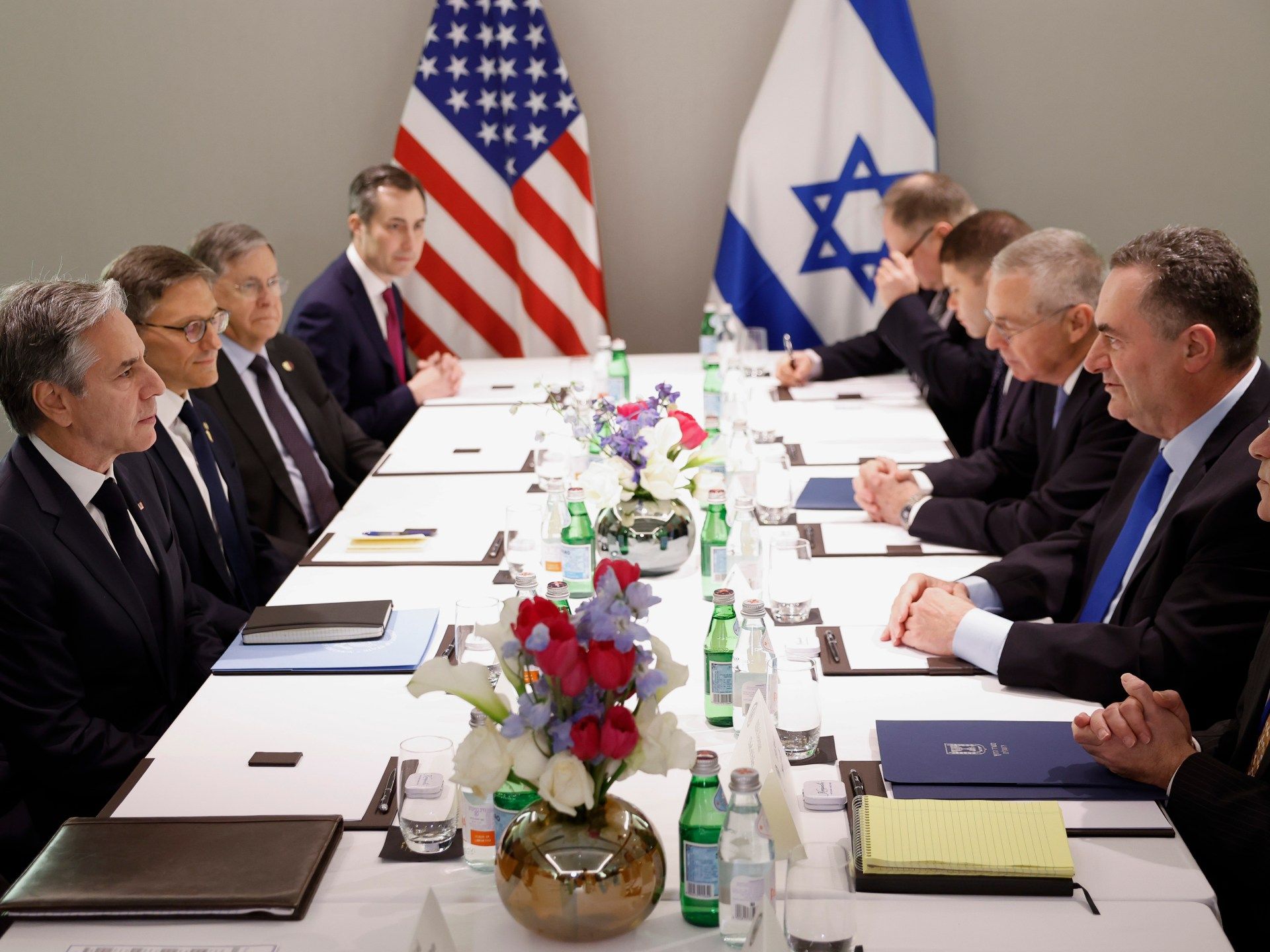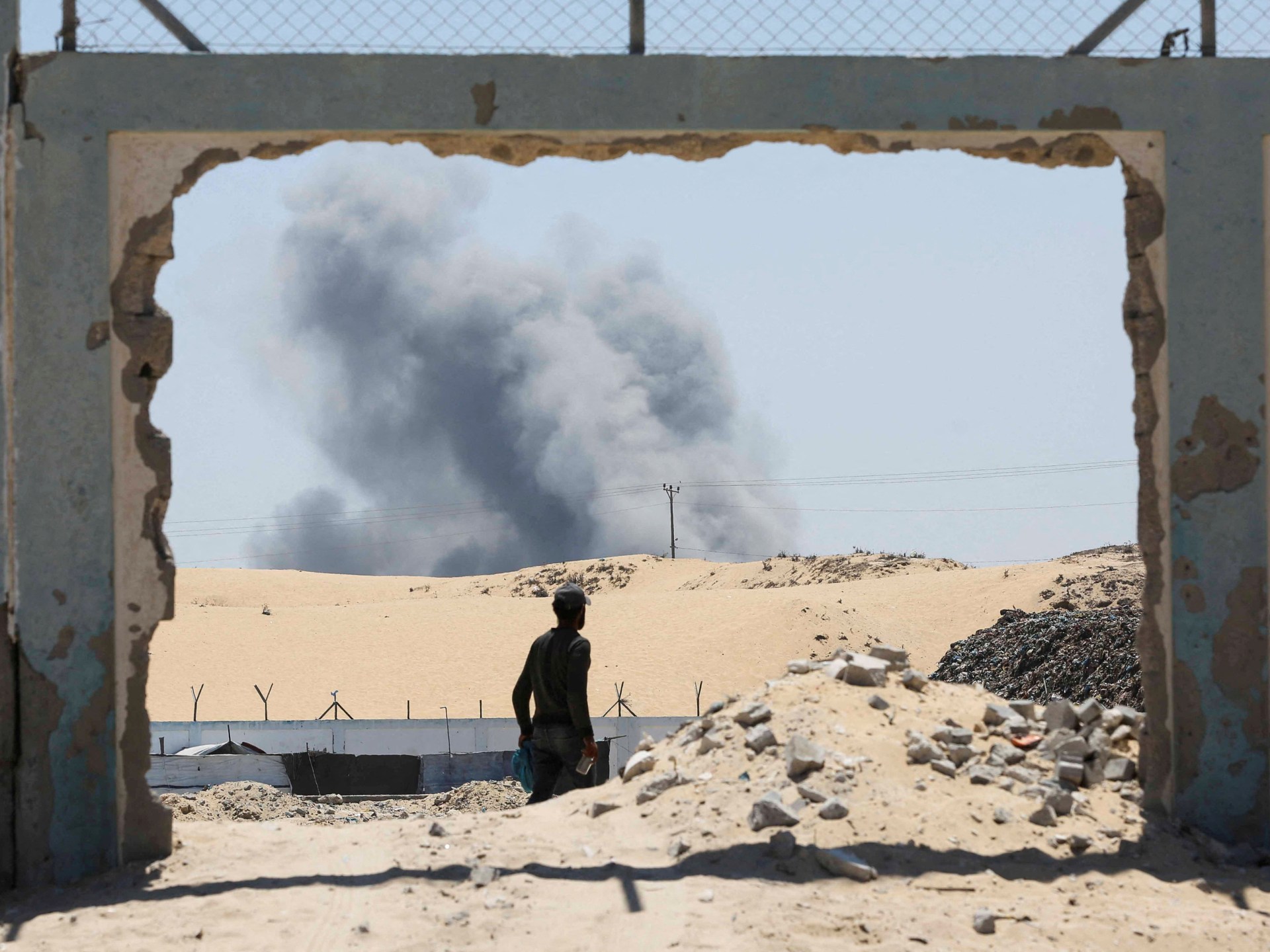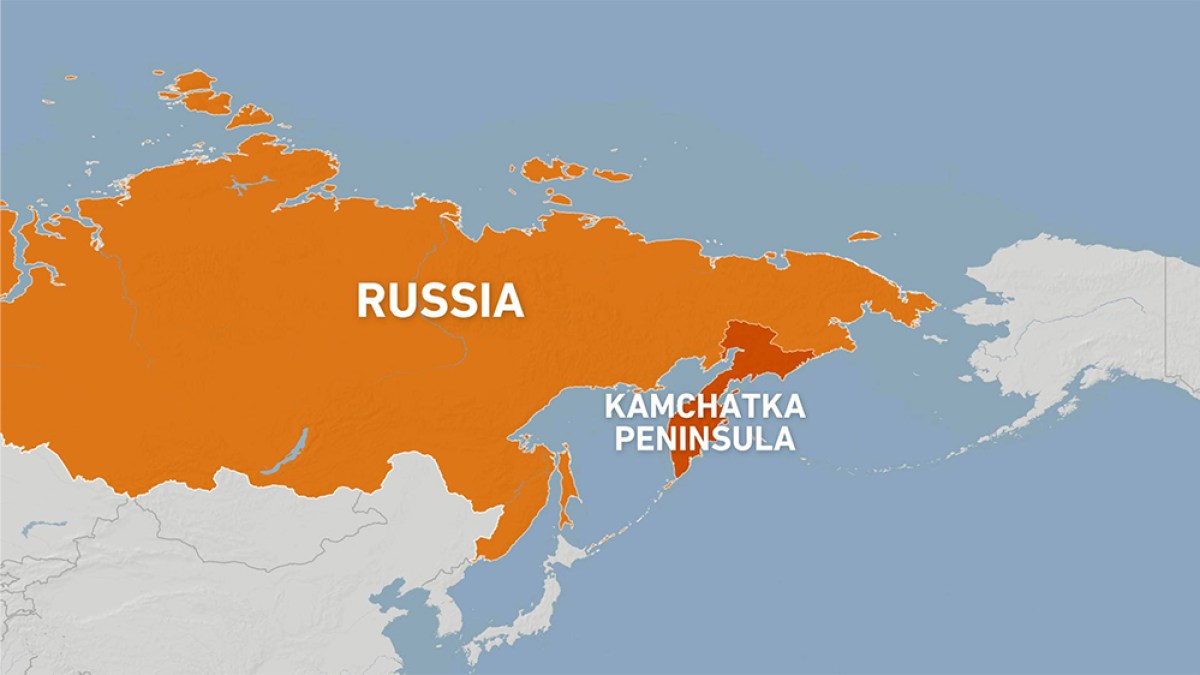As America's top diplomat concludes his fourth tour of the Middle East since the war in Gaza began, foreign policy analysts are questioning whether the visit was an act of diplomacy or an exercise in “damage control.”
On Wednesday, Secretary of State Antony Blinken traveled from Israel to the West Bank and then to Bahrain. The stops were part of a tour that included visits to Turkey, Greece, Jordan, Qatar, the United Arab Emirates and Saudi Arabia, with a final stop in Egypt on Thursday.
Much of the attention has focused on the United States' continued support for Israel as it continues its months-long military campaign in Gaza. An estimated 23,357 Palestinians have been killed in that offensive, amid growing concerns about human rights violations.
At a news conference in Tel Aviv on Tuesday, Blinken addressed oft-repeated themes: that US President Joe Biden's administration “continues to support” Israel but that civilian casualties in Gaza remain “too high.”
Analysts described the latest tour as an attempt to “save face,” as Blinken sought to walk a fine line between exerting influence over Israel and not publicly exerting any real influence.
“We want this war to end as soon as possible,” Blinken told reporters on Tuesday.
But three months into the war, an “end” remains elusive, said Michael Schaeffer Omer-Man, research director for Israel-Palestine at Democracy for the Arab World Now (DAWN).
“There is no plan yet,” he told Al Jazeera. He raised questions about Israel's stated mission to eliminate the Palestinian group Hamas as part of the war.
“Israelis still live in fantasyland, in the sense that they believe they can achieve the impossible, and Americans are still in fantasyland. [thinking] that can bring Israelis closer to something that is acceptable to the world,” Omer-Man explained.
Critics warned that the United States and Israel are also articulating different visions about the path forward after the war.
On his visit to Tel Aviv, for example, Blinken called on Israel to accept a two-state solution for Palestine, something he discussed again with Palestinian Authority President Mahmoud Abbas on Wednesday.
But Netanyahu has repeatedly rejected any steps toward a two-state solution and has said Israel will maintain security control over Gaza for an indefinite period after the war.
Two far-right Israeli officials – Security Minister Itamar Ben-Gvir and Finance Minister Bezalel Smotrich – have also expressed their desire for a “voluntary migration” of Palestinians out of Gaza, something critics have interpreted as a push for ethnic cleansing in the enclave.
The latest rhetoric underscored the “vast gap” between Washington's vision for a postwar Gaza and what Israel's government is willing to accept, according to Joshua Landis, director of the Center for Middle East Studies at the University of Oklahoma.
“Netanyahu, who has said on numerous occasions that the United States is easy to manipulate and has taken down one president after another, is taking down Biden,” Landis told Al Jazeera.
“He's getting all the weapons he wants and continuing to cause massive damage in Gaza, and he's failing to moderate his government officials, who constantly spout messages of hate, who embarrass the United States in front of the world,” he said. .
'Getting ahead' of ICJ hearings
Still, Blinken tried to score some victories during the trip. He announced, for example, that American and Israeli officials had agreed on a plan for a United Nations assessment mission in northern Gaza to “determine what must be done to allow displaced Palestinians to return safely to their homes in the north”.
That announcement came before the World Health Organization (WHO) canceled its latest aid mission to northern Gaza, saying Israeli approval and security guarantees had not been given.
Blinken also praised Israel's announcement that it would begin pulling some troops out of Gaza, describing it as a transition to a “lower intensity phase” in the enclave.
In interviews with the New York Times and the Wall Street Journal on Monday, Israeli military spokesman Daniel Hagari said his country would move from the “intense maneuver phase of the war” to “types of special operations,” in an effort to reduce the civilian population. victims. However, intense fighting would continue in central and southern Gaza.
Hours later, speaking at a campaign event in South Carolina, Biden said in off-the-cuff remarks that he had been “quietly working with the Israeli government to get them to meaningfully draw down and exit Gaza.”
But far from bowing to American pressure, DAWN's Omer-Man said talk of a strategic shift was more likely a response to South Africa's proceedings against Israel at the UN's International Court of Justice (ICJ).
South Africa accused Israel of genocide in Gaza and sought an interim court order that would, in theory, order Israel to stop its operations. Preliminary hearings will be held Thursday and Friday.
Israel's rhetoric about changing tactics is “absolutely designed so that they can tell the ICJ that any interim measures are no longer relevant because the main military operations have ended,” Omer-Man explained. “I think a big part of this is the United States and Israel trying to get ahead of each other.” [the ICJ hearings] somehow.”
For his part, speaking in Tel Aviv, Blinken dismissed the genocide accusation as “baseless.”
“Tendency towards escalation” between Israel and Lebanon
Blinken's latest trip to the Middle East also coincided with an increase in fighting along Israel's northern border with Lebanon, where there have been a series of high-profile assassinations in recent days.
These include the assassination of Hamas deputy leader Saleh al-Arouri in Beirut, which Israel has not yet claimed or denied, as well as the assassination of Hezbollah commander Wissam Hassan al-Tawil on Monday.
Randa Slim, a senior fellow at the Washington-based Middle East Institute, described the killings as part of an “escalating trend” driven by Israeli officials who vowed to “change the status quo” in Hezbollah's stronghold in southern Lebanon.
Hezbollah is an Iranian-backed movement, and fighting along the Lebanese-Israeli border has fueled fears that a broader regional conflict could break out, in which Iran and other countries could enter the fray.
“[The US] He worries that things will get out of control. “They are concerned about the voices within the Israeli war cabinet who want to intensify the Hezbollah-Israel front, who basically want to finish what they had not done in 2006,” he said, referring to Israel's ground invasion of southern Lebanon during the war between Israel and Hezbollah. war.
On Tuesday, Blinken was asked whether the attacks surrounding his visit undermined US calls to avoid any escalation with Iranian proxy forces and potentially Iran itself.
“One thing we have heard clearly everywhere we have gone, including Israel, is that escalation benefits no one. Nobody is looking for it,” Blinken said.
For his part, Omer-Man said there was less “light” between Israel and the United States over actions along the Israel-Lebanon border. The two countries remain united in their opposition to Iran.
“Whatever public messaging is coming out of the United States and Israel, it's really meant to play 'good cop, bad cop,'” he said. “Whether they are chosen roles or understood roles.”
Another 'performative' journey
However, the University of Oklahoma's Landis said the broader strategy behind Blinken's visit was damage control in the Middle East.
Washington has consistently refused to support a ceasefire in Gaza and has continued to offer weapons and political support to Israel's operations. That has strained relations with many of its Arab allies in the Middle East.
“The main pillars of US strategy have been severely damaged,” Landis said. He added that those weakened relations could result in a delay of “years” – if not a “death sentence” – for the Arab-Israeli normalization schemes sought by the White House.
The U.S. stance on Gaza could also set back efforts to calm tensions with Iran and its proxies as part of a broader pivot toward Asia.
As Slim of the Middle East Institute told Al Jazeera: “The region, except Israel, is not interested in listening to the Americans until they call for a ceasefire.”
Meanwhile, at home, Biden has faced criticism for his stance on Gaza from within his own Democratic Party – and indeed within his own administration – as the humanitarian situation continues to worsen. Polls show that a majority of Americans support a call for a ceasefire.
But with little indication that the United States will try to exert influence over Israel, Blinken's latest trip to the Middle East is fundamentally “performative,” according to Osama Khalil, a history professor at Syracuse University.
“There is an element of internal consumption that saves appearances for [the Biden administration] and a separate face-saving element that allows Israel to claim some kind of victory,” Khalil said.












